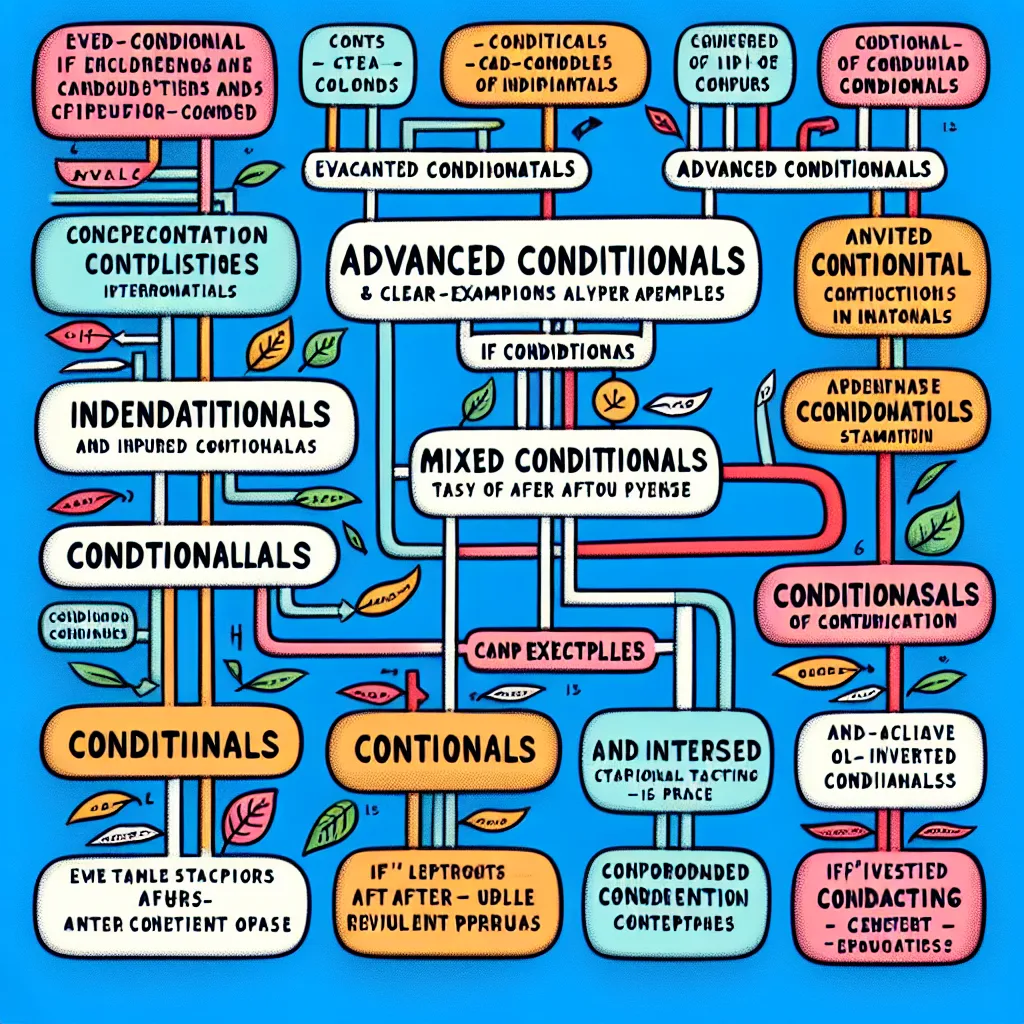English grammar can be tricky, even for native speakers. For non-native learners, mastering grammar is often a significant challenge. However, with the right strategies and consistent practice, you can significantly reduce common grammatical errors and improve your overall English proficiency. This article will guide you through effective methods to avoid common grammar mistakes in English.
Understanding the Importance of Grammar
Grammar is the backbone of any language. It provides structure and clarity to our communication. Without proper grammar, our messages can be misunderstood or lose their intended meaning. For English language learners, good grammar is crucial for academic success, professional growth, and effective communication in English-speaking environments.
 Importance of English Grammar
Importance of English Grammar
Common Grammar Mistakes and How to Avoid Them
1. Subject-Verb Agreement
One of the most frequent errors is the lack of agreement between the subject and the verb in a sentence.
Incorrect: The group of students are studying for their exam.
Correct: The group of students is studying for their exam.
To avoid this mistake:
- Identify the subject of the sentence
- Determine if the subject is singular or plural
- Choose the appropriate verb form
Practice tip: Create sentences with different subjects (singular, plural, collective nouns) and ensure the verbs agree.
2. Misuse of Tenses
English has various tenses, and using them incorrectly can lead to confusion.
Incorrect: I am living in London for five years.
Correct: I have been living in London for five years.
To avoid this mistake:
- Study the different tenses and their uses
- Pay attention to time markers in sentences
- Practice using tenses in context
For more advanced tense usage, check out our guide on advanced English verb tenses.
3. Incorrect Use of Articles
Articles (a, an, the) are often misused or omitted by English learners.
Incorrect: I bought car yesterday.
Correct: I bought a car yesterday.
To avoid this mistake:
- Learn the rules for using articles
- Practice with countable and uncountable nouns
- Pay attention to specific and general references
4. Preposition Errors
Prepositions can be particularly challenging as they often don’t translate directly from other languages.
Incorrect: We arrived to the airport.
Correct: We arrived at the airport.
To avoid this mistake:
- Learn common preposition combinations
- Read extensively to expose yourself to correct usage
- Practice with preposition exercises
5. Pronoun Confusion
Mixing up subject and object pronouns is a common error.
Incorrect: Her and me went to the store.
Correct: She and I went to the store.
To avoid this mistake:
- Study the different types of pronouns
- Practice identifying subjects and objects in sentences
- Use pronoun charts for reference
Strategies for Improving Grammar
1. Regular Reading
Reading extensively in English exposes you to correct grammar usage in context. Choose materials that interest you, from novels to news articles.
2. Grammar Exercises
Dedicated grammar practice through workbooks or online exercises can reinforce rules and improve your accuracy.
3. Writing Practice
Regular writing, followed by self-editing or peer review, helps identify and correct your common mistakes.
4. Use of Grammar Checkers
Tools like Grammarly or Microsoft Word’s grammar checker can help identify errors in your writing.
5. Learn from Your Mistakes
Keep a log of the errors you frequently make and focus on improving those specific areas.
For more strategies on improving your grammar, visit our article on best strategies for learning English grammar.
 Strategies for Improving English Grammar
Strategies for Improving English Grammar
Practicing Grammar Through Conversation
Engaging in English conversations is an excellent way to practice grammar in real-time. It helps you internalize grammatical structures and use them naturally.
- Join language exchange groups
- Participate in English discussion forums
- Practice with native speakers or fellow learners
For more tips on improving grammar through conversation, read our article on how to practice English grammar through conversation.
Moving Beyond Rote Memorization
While memorizing rules is important, it’s equally crucial to understand the logic behind grammar structures. This understanding allows for more flexible and accurate use of the language.
- Focus on understanding the ‘why’ behind grammar rules
- Use mnemonic devices to remember tricky rules
- Apply grammar in context rather than isolated exercises
For more insights on this approach, check out our guide on how to improve English grammar without rote memorization.
The Role of Listening in Grammar Improvement
Listening to native English speakers can significantly enhance your grammar skills. It helps you internalize correct sentence structures and word usage.
- Listen to English podcasts or radio shows
- Watch English movies and TV series with subtitles
- Practice dictation exercises
To learn more about improving your listening skills, read our article on strategies for improving English listening through dictation.
Conclusion
Avoiding common grammar mistakes in English requires consistent effort and practice. By understanding the common pitfalls, implementing effective learning strategies, and regularly exposing yourself to correct English usage, you can significantly improve your grammar skills. Remember, language learning is a journey, and every mistake is an opportunity to learn and grow. Keep practicing, stay curious, and don’t be afraid to make mistakes – they’re a natural part of the learning process.
We encourage you to share your experiences and tips for avoiding grammar mistakes in the comments below. What strategies have worked best for you? What challenges do you still face? Let’s learn from each other and continue improving our English grammar together!




